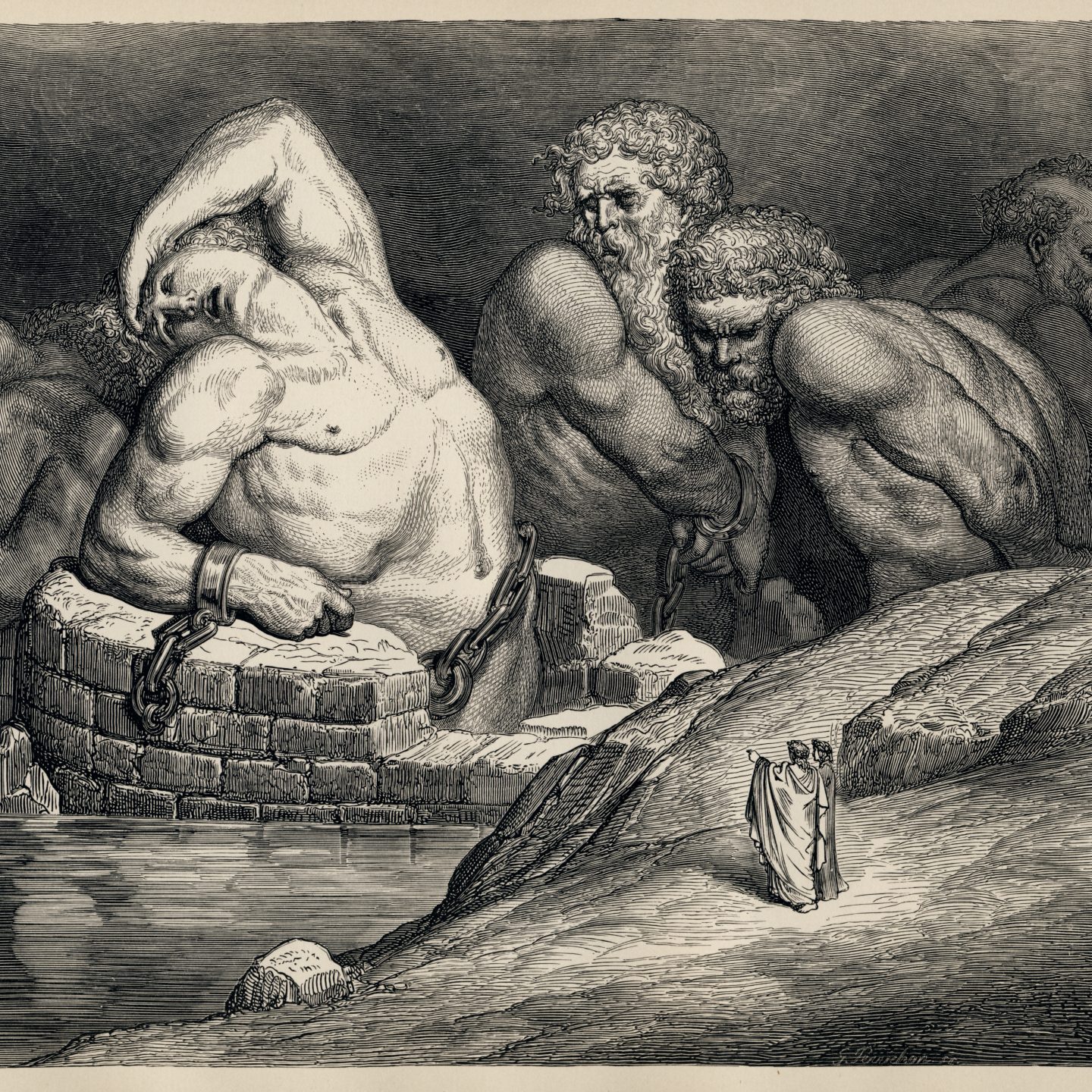First of all, a predator chooses a vulnerable, compliant type of person to be his victim. Then he charms them into a position in which they find it difficult to suddenly refuse. It happens little by little.
Victims also often feel like they are somehow culpable. The predator seems like such a nice, loving person, perhaps, the victim thinks to himself, he gave off some unnoticed message?
And then too, all of us are trained o be respectful of authority, to be nice, to not rock the boat.
And if victims do rock the boat, the response may well fall on them rather than on the perpetrator. It hit the newspapers where I lived that a girl being abused by a popular teacher was being bullied because of her accusations against him. Everyone was upset that she had reported the teacher rather than being upset with the teacher for committing these terrible acts.
@curious_cath It’s in the Church and outside the Church, the lack of a sense of sin mentioned in the article. We have all been imbued with this idea of over-forgiveness, who am I to judge.
How can we have justice if we say only, “Well, I’ve done bad things too.” I have done bad things in my life, but I still want murderers to be put in prison.
The Church had laws and procedures for handling these types of crimes. The bishops should have followed their own laws and stopped this scourge at its commencement. The bishops were trying to be merciful, but ended by allowing thousands to be victimized.
The Church should not laïcize these twisted quisling priests to let them loose in the world; the Church should publicly strip them of any rank or title, as previously called for, then send them to an enclosed monastery to live apart from those whom they might harm.


